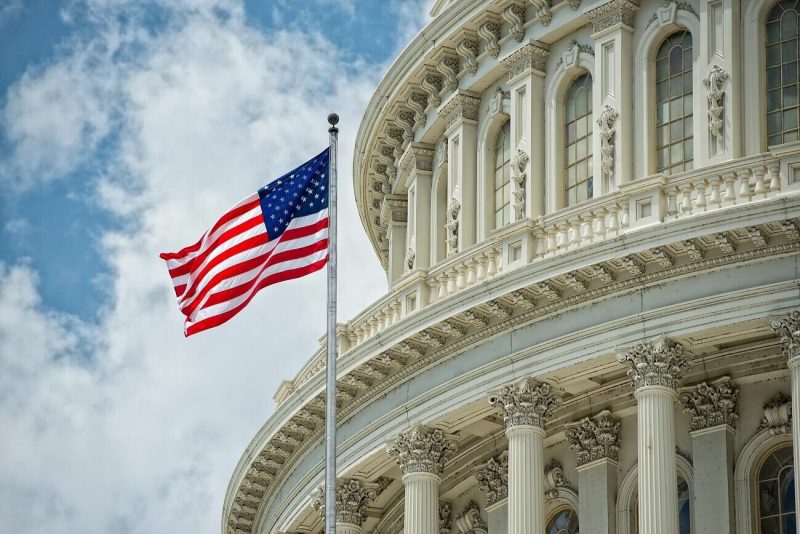The director of the Consumer Financial Protection Bureau (CFPB) disclosed that the agency is considering transplanting e-banking laws to digital assets.
Speaking at the on Oct 6, Rohit Chopra said that the agency might apply the Electronic Fund Transfer Act (EFTA) to protect investors and users in the crypto ecosystem.
According to him, to create a safe space for users, the CFPB mulls rolling out traditional finance measures for virtual assets.
“To reduce the harms of errors, hacks, and unauthorized transfers, the CFPB is exploring providing additional guidance to market participants to answer their questions regarding the applicability of the Electronic Fund Transfer Act with respect to private digital dollars and other virtual currencies.”
This comes on the heels of recent spikes in activities of bad actors in the digital asset market.
If the gets applied to crypto, virtual asset firms will be required to make certain changes to their operations regarding disclosures and other issues.
EFTA to limit user losses
Banks and other associated financial institutions are mandated to disclose the extent of their liability before every electronic transaction.
This will help reduce the significant losses users have faced from unauthorized crypto transactions in recent years.
Speaking towards the theme, “Making America’s payment system work for a digital century” he added the agency will examine the role non-banks play in the crypto market as some offer payment platforms that ought to be safe and secure.
He pitched the Treasury’s Financial Stability Oversight Council to flag some crypto activity as systemically important to provide parties and agencies with the tools to ensure that “a stablecoin is actually stable.”
Finally, in a bid to go ahead with firms to detect possible fraud, digital asset firms and issuers will provide certain information on the company’s use of consumer information and data before issuing private cryptocurrencies.
Deployed in traditional finance, the EFTA protects consumers from losses when they make online transfers by debit cards, automated teller machines, mobile phones, or other sources.
Regulation ramps up
This year, a constant feature of the digital asset market across all jurisdictions has been the development of new regulations aimed at user protection.
Recently, the UK’s Financial Conduct Authority that mandate firms to ensure their customers possess adequate knowledge and explicitly state the risk of advertisements and other measures.
Some crypto exchanges and issuers have mulled leaving the UK market since the decision while Binance and OKX have adjusted their policies and operations to fit the new rules.
In Canada, the Association of securities regulators rolled out a template for stablecoin issuers and recently on the application calling for more regulation in the market.
While major regulations shape up in the UK, Europe, and Canada, the United States market is still at crossroads on regulations with a plethora of court cases between authorities and industry executives.






